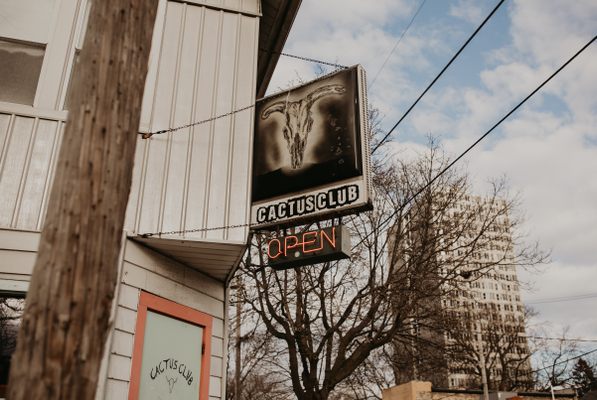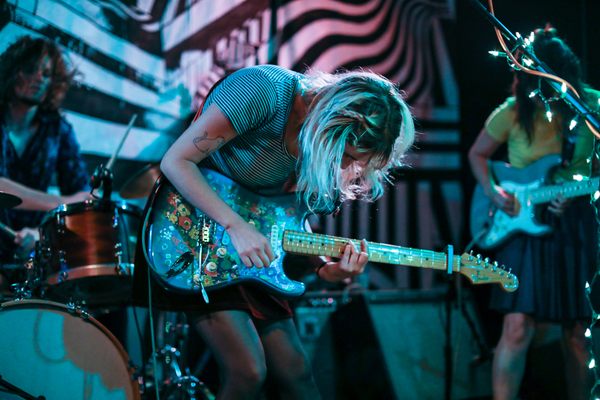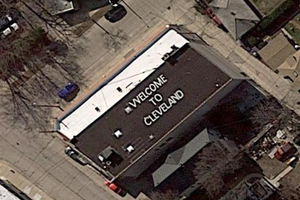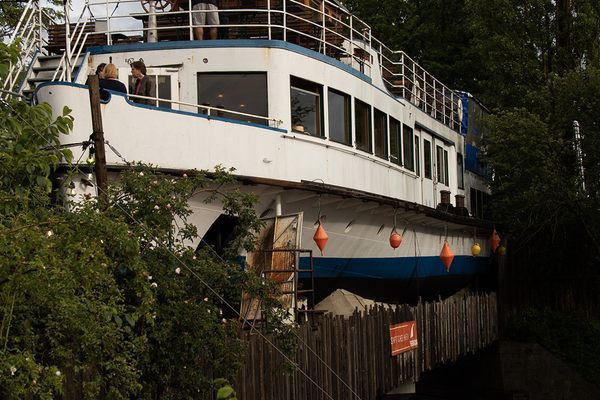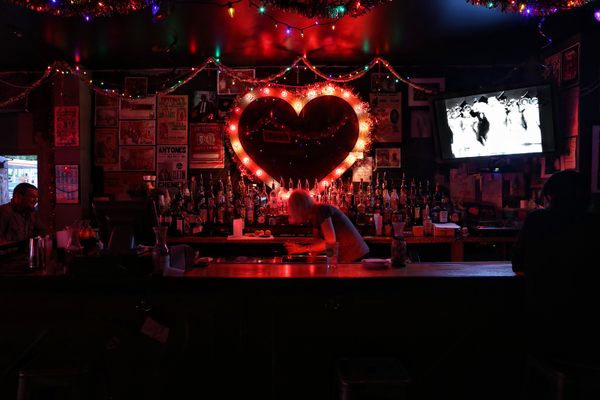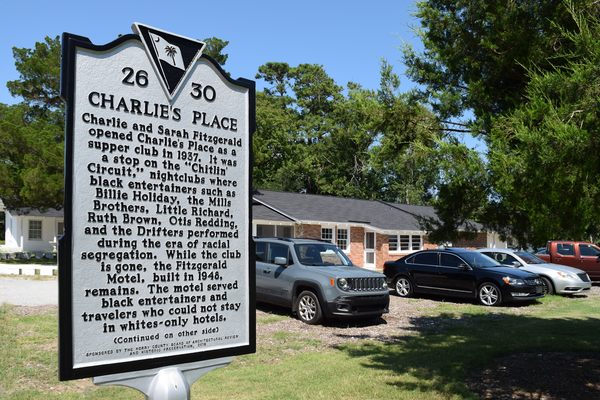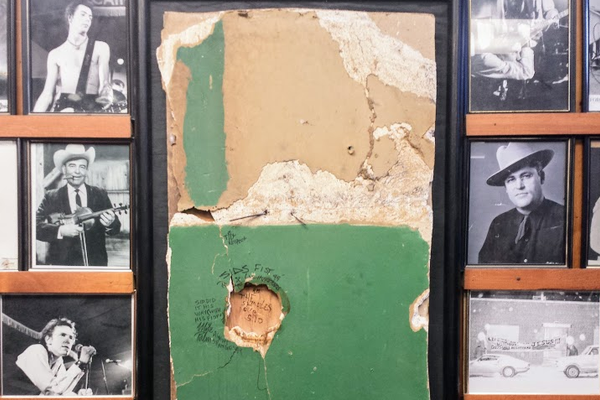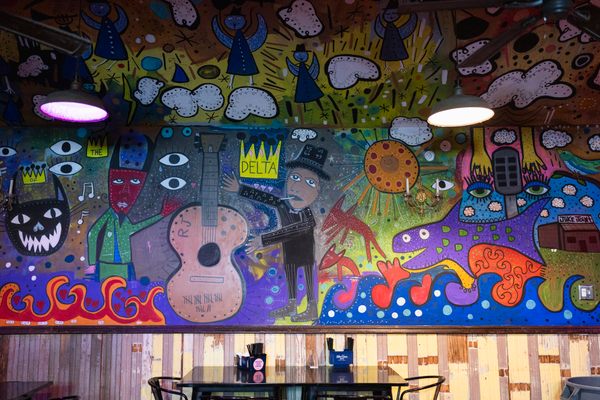About
The history of this Milwaukee space dates back to the early 1900s. The building was Italian-owned and in the 1910s housed an anarchist book club, whose name roughly translates to “The Dramatic Lovers Social Study Club.” Later during prohibition tunnels were formed between neighboring businesses to run liquor. Though the tunnels have since been filled with concrete, a secret door in the basement hides a few remnants and relics of the past.
In the 1950s, Cliff and Alice Rose bought the property and desired to have a “country and western” themed bar. The Cactus Club's name was drawn from a hat filled with a number of suggestions from bar regulars. The name stuck, 70 years and a couple of owners later, Cactus Club is more vibrant than ever. The Roses got an entertainment license that they passively renewed for decades despite not having many music events. Little did they know that this would impact the music community of Milwaukee far into the future.
The bar was passed down to Cliff and Alice's son Bob and his wife Barbara. It was a corner tavern that occasionally hosted cover bands and was better known for games of cribbage, pool, and bowling leagues. In the early 1990s, Eric Uecke approached Barbara about booking DIY punk concerts in the back room. She reluctantly agreed to host one and over a hundred people showed up. In 1996, Uecke would become the owner of the club, and turn it into the independent live music destination it is today. He brought in up-and-coming acts of the time, including the White Stripes, Queens of the Stone Age, Interpol, Spoon, and Sharon Van Etten. The band Sylvan Esso famously met in the back room of the Cactus Club when producer Nick Sanborn’s solo project opened for Amelia Meath's band Mountain Man.
The club's current owner Kelsey Kaufmann came into the picture in 2011, when she was hired to bartend happy hours. She had been booking DIY shows and touring in bands for years prior. In 2016, Kaufmann took over booking and running the venue, widening its lens of programming to be more multigenre and multimedia. The upstairs apartment has been restored as a green room for bands and during the pandemic has been available for overnight stays that include a tour of the building.
Since then, the platform has shifted into a collaborative artist-run space, which now hosts virtual concerts, film screenings, and workshops. When the weather permits, Cactus Club hosts distanced outdoor programming which includes a variety of food vendors, artist pop-ups, and maker markets. The building is being transformed into a collaborative artist-built environment. There are a number of new murals and site-specific installations, and even an ode to legendary local artist Mary Nohl. Standing the test of time, Cactus Club remains an anchor for live music in Milwaukee and continues to grow far beyond what it once was, while still honoring its storied past.
Related Tags
Community Contributors
Added By
Published
August 18, 2021
